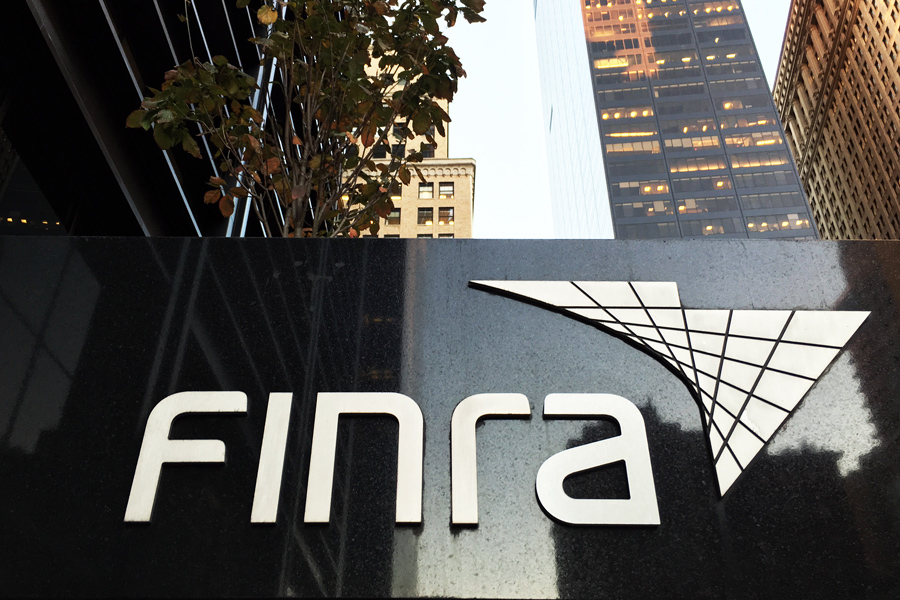Finra has fined Merrill Lynch $300,000 for failing to supervise the actions of rogue broker Eva Weinberg, who was employed by the wirehouse for one year in 2010.
The fine is part of the lingering ripple effect of a series of court battles that have gone on since 2012
involving Ms. Weinberg, who is serving time in prison after pleading guilty to defrauding former professional football player Dwight Freeney after she stopped working for Merrill.
According to the Financial Industry Regulatory Authority Inc., Merrill agreed on Dec. 13 to the censure and fine for failing to properly investigate and supervise Ms. Weinberg regarding three emails that were flagged internally by Merrill and a $1.7 million default judgement entered against Ms. Weinberg based on a civil complaint.
Merrill Lynch declined to comment for this story.
According to BrokerCheck, Ms. Weinberg worked in the brokerage industry from 1988 through 2004, after which she went to work for a real estate company owned by Michael Stern.
Mr. Stern, who is also in prison related to the defrauding of Mr. Sweeny, is cited by Finra as an example of Merrill's lax oversight of Mr. Weinberg.
According to Finra, Mr. Stern had a criminal history and by March 2009 when his business went bankrupt, had been the subject of several news articles in the Miami media that had detailed his alleged involvement in bribing public officials in connection with some of his real estate projects.
When Ms. Weinberg applied to work as an investment associate for Merrill Lynch in February 2009, she initially omitted her five-year employment with Mr. Stern.
According to Finra, Ms. Weinberg worked in Merrill's Miami office on a team focused on working with professional athletes. She was introduced to Mr. Freeney in February 2010, and shortly thereafter introduced the athlete to Mr. Stern, under a fictitious name and falsely representing Mr. Stern as a "wealthy and successful business man who could help (Mr. Freeney) with his various, existing business and other financial needs."
Finra describes Mr. Stern as a "con man who together with [Ms. Weinberg] gained [Mr. Freeney's] confidence and then access to his financial accounts, ultimately misappropriating millions of dollars" after Ms. Weinberg left Merrill Lynch in July 2010.
Mr. Freeney eventually
sued Bank of America and Merrill Lynch for $20 million, and ultimately settled for $13 million.
"Brokerage firms must supervise their brokers, because when they get even the slightest whiff of impropriety, they are duty bound to look into it," said securities lawyer Adam Gana, who was not involved in the lawsuit.
"In this case, Merrill did not do what it is required to do when faced with a number of red flags," he added.







